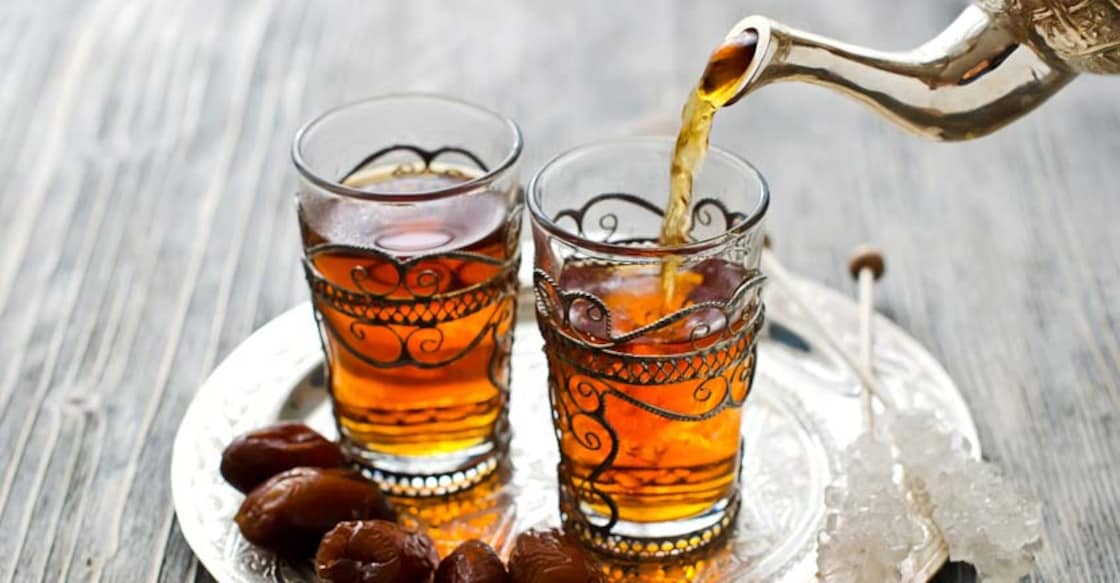Sip Malabar's own mohabbat brew

Mail This Article
The mystique around Kozhikode and kava is as enticing and intriguing as the history that wraps the place.
If you love Baburaj, the bard of Kozhikode, you will love kava too.
Kozhikode is a mosaic of cultures where people drawn from an ancestry of invasion and maritime adventures have mixed to give the place a local identity of music, food and a fun-loving people.
The nights come alive with the strains of ghazals and the whiff of piping hot biryanis. What more to live the night out other than a cup of steaming hot Malabari kava? What’s it about the kava that loosens one up? Kava is fire, intoxication and “mohabbat” … love. All these passions are mixed in with kava.
Now for a sip of the heady brew. Kava is a tea. It’s not the ordinary sulaimani or the simple black tea. Though the tea has sailed the seas from the Pacific and the Amazon where it’s steeped with special kinds of leaves, its Kozhikode avatar descended from North India. It’s more like the stylish green tea.
The kava or kaahva is a traditional tea had by Afghanis, Pakistanis and West Asians. It has a lot of takers in the Kashmir valley too. The kava has been a part of every meal in Malabar and especially the coastal areas of Kozhikode since ages. A glass of kava after a tummy-full of dum biryani is a habit. It takes the heaviness off and leaves one lighter for the meal. With saffron, almonds and honey blended in a samovar made of brass, the concoction is something to look forward to after a heavy Kozikodan meal.

Here’s how to make kava tea:
Add two cloves, two cardamoms (crushed) and a piece of cinnamon to three glasses of water and bring this to a boil. Take the brew off the flame and add four teaspoons of tea. Soak a quarter spoon of saffron in a bit of water. Strain out the tea, pour in the soaked saffron, add eight pieces of finely chopped almonds and top it up with sugar or honey. Wah! Kava!

